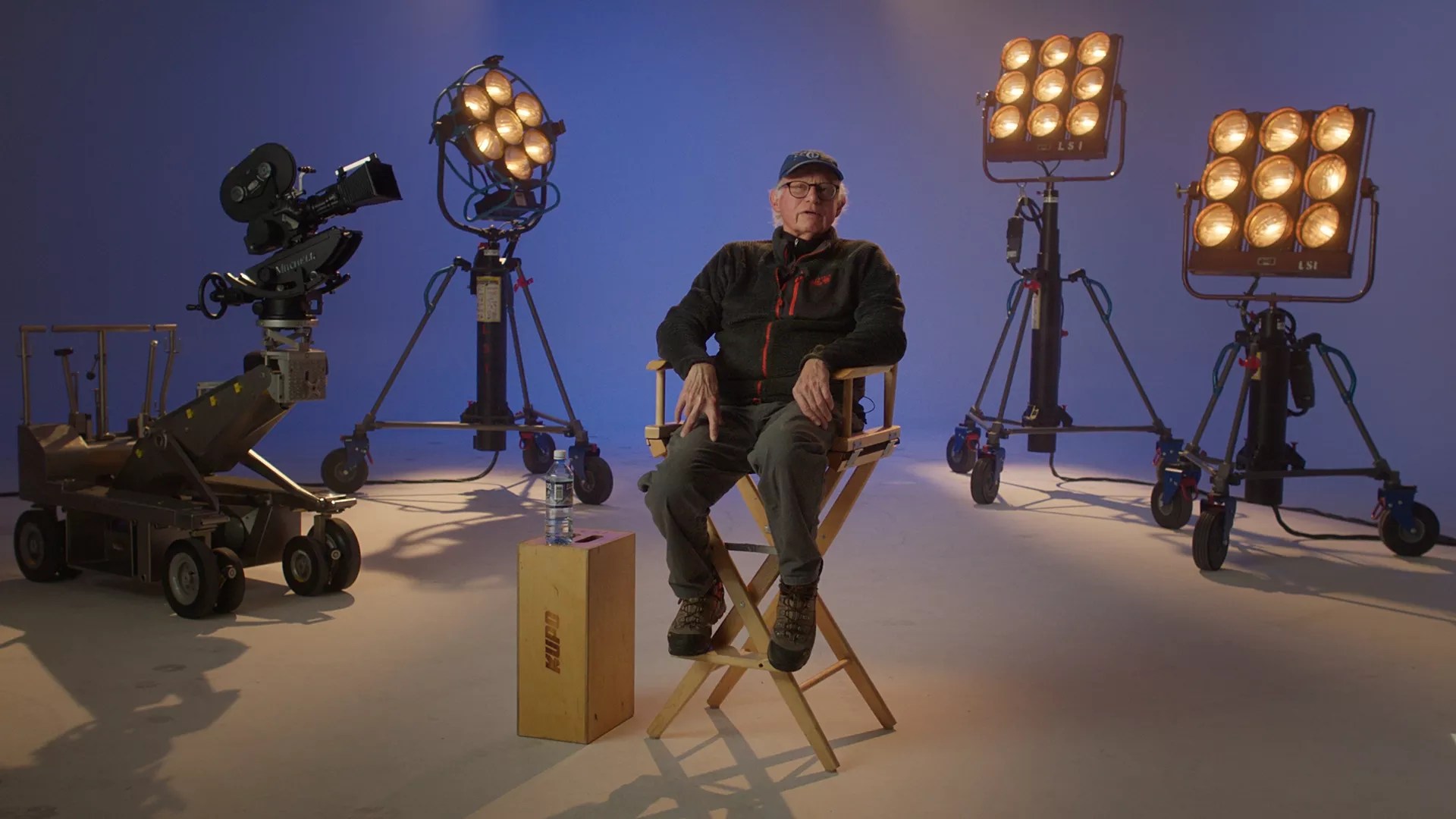
Courtesy of Jacob Corbo

Audio By Carbonatix
For decades, folks who care about moviemaking in the Rocky Mountain region have asked themselves, “What happened to the Colorado film industry?”
This simple yet vital question about a once-significant business that barely registers a pulse at present serves as the title of a short documentary by director Jacob Corbo. And while What Happened to the Colorado Film Industry?, which will screen at signature film festivals in Winter Park and Breckenridge this month, provides plenty of answers, Corbo hopes it will also serve as a call to action for folks who aren’t satisfied with the sad status quo.
“The whole point of the film is to bring awareness to the problem,” Corbo says, adding, “We in Colorado can change.”
As demonstrated by Westword’s 2024 list of the ten best movies made in Colorado, the state has a rich cinematic history. Films at least partially shot here include classics such as 1939’s Stagecoach, 1956’s The Searchers, 1967’s In Cold Blood and 1969’s Butch Cassidy and the Sundance Kid. There have been plenty of network television programs made in these parts as well, particularly in the late 1980s and early 1990s, when Denver was the main location for several Perry Mason movies starring Raymond Burr, as well as Father Dowling Mysteries, starring Happy Days patriarch Tom Bosley as a crime-solving priest.
Among those who profited from these TV productions was Ken Seagren, the man behind Lighting Services, Inc., which touts itself as Colorado’s largest film-equipment rental house. Seagren talks about his experiences supplying gear for Father Dowling Mysteries in What Happened to the Colorado Film Industry?– but he also discusses the reasons why so few major TV productions have taken advantage of area talent since then.
“A lot of these shows took advantage of Canada’s film incentive, which was more attractive than what Colorado was doing, which is nothing,” Corbo points out. “After that, Colorado totally lost out to New Mexico, which launched a film incentive in the late 1980s that totally transformed their whole film scene.”
New Mexico isn’t the only place that’s lapped Colorado when it comes to attracting productions. Georgia’s aggressiveness when it comes to incentives has made it one of the busiest film and television settings on the planet, and other states have gotten into the pay-and-they-will-come game, too. “Montana has increased its incentives, and they already have TV shows and continual series being made there,” Corbo notes. “And it’s even happening in Oklahoma, which has these huge incentives. But Colorado hasn’t stepped up whatsoever.”

Jacob Corbo, director of What Happened to the Colorado Film Industry?
Courtesy of Jacob Corbo
That’s not entirely true, but close. In 2024, Governor Jared Polis signed a bill allowing producers to receive up to $5 million in refundable tax credits per annum for the next half-decade – and the legislation also upped the cap on incentives from 20 percent of local spending to 22 percent. In all, the package authorized production tax credits up to $50 million through 2029.
However, these amounts are dwarfed by the moola offered to film companies by many other states. New Mexico currently has an annual tax-incentives spending cap of $120 million, or 24 times larger than Colorado’s, and Georgia eschews a cap entirely. In 2022, Georgia’s tax credits grew to $1.3 billion, or around triple the $420 million caps in New York and California that year.
Absent these financial lures, Corbo believes Colorado would be an extremely popular spot for filmmaking. After all, plenty of celebrities come to the state on their own dime during ski season, and the state is blessed with an extremely wide variety of looks suitable for pretty much any narrative: mountains, deserts, plains, forests, bustling cities and small towns as lovely as any in America. “The only thing we’re missing is a beach,” Corbo says. And that’s not to mention the number of offerings that are set in Colorado, but aren’t lensed here; Paradise, a Peacock drama about powerful politicos holing up in a prefab community inspired by NORAD, is a case in point.
The result of this scenario is a dearth of opportunity for those Coloradans specializing in film, including locally based gaffer Damond Buckless, another person quizzed in What Happened to the Colorado Film Industry? And Corbo finds himself in pretty much the same situation. Since graduating from the Cinematic Arts program at Community College of Aurora, he’s worked in a variety of grip and electrical roles for assorted short films and commercials, but he admits that making a living in his chosen profession “is a constant struggle all the time. I work maybe five days a month, which isn’t bad. A lot of people aren’t even getting one or two.”
Tax-incentive advocate Ronna Burrows makes the pitch for Colorado to invest more heavily in the movie biz amid What Happened to the Colorado Film Industry? But as Corbo concedes, this notion has proven to be a tough sell at the Governor’s Office and the General Assembly, for what he believes are provincial reasons: “For a lot of people, I think, this is a tourism issue. They feel like, ‘We already have skiing and hiking and all these other things. So why do we need to put more money into the tourism sector? There are more than enough people coming to Colorado already.'”
To Corbo, this viewpoint is short-sighted. He believes a strong film industry in Colorado would boost the state’s economy at least as much, if not more, than it would improve its image.
“This is an issue that could have been solved many years ago, which is just a real shame,” he maintains. “But if we write our legislators and let them know we care about this, we can really make a difference.”
What Happened to the Colorado Film Industry? unspools at the Winter Park Film Festival at 3:30 p.m. on Friday, September 5, and at the Breckenridge Film Festival at 10:30 a.m. on Sunday, September 21.